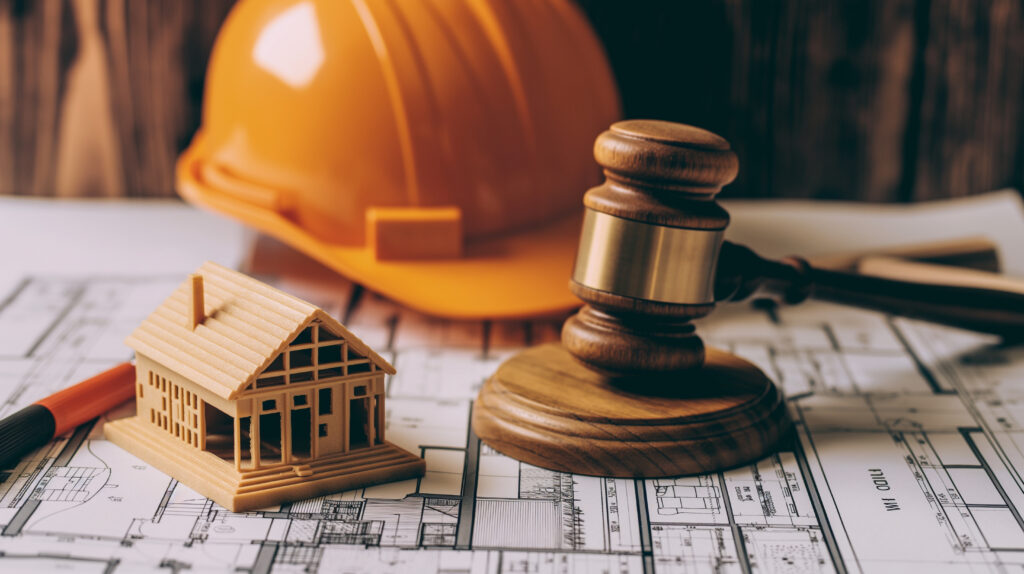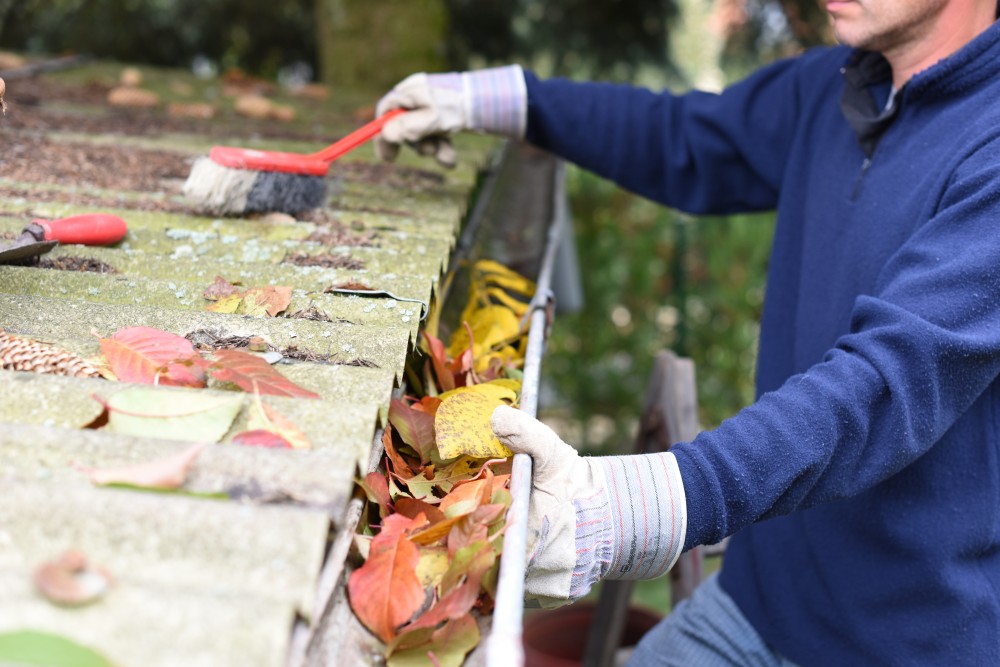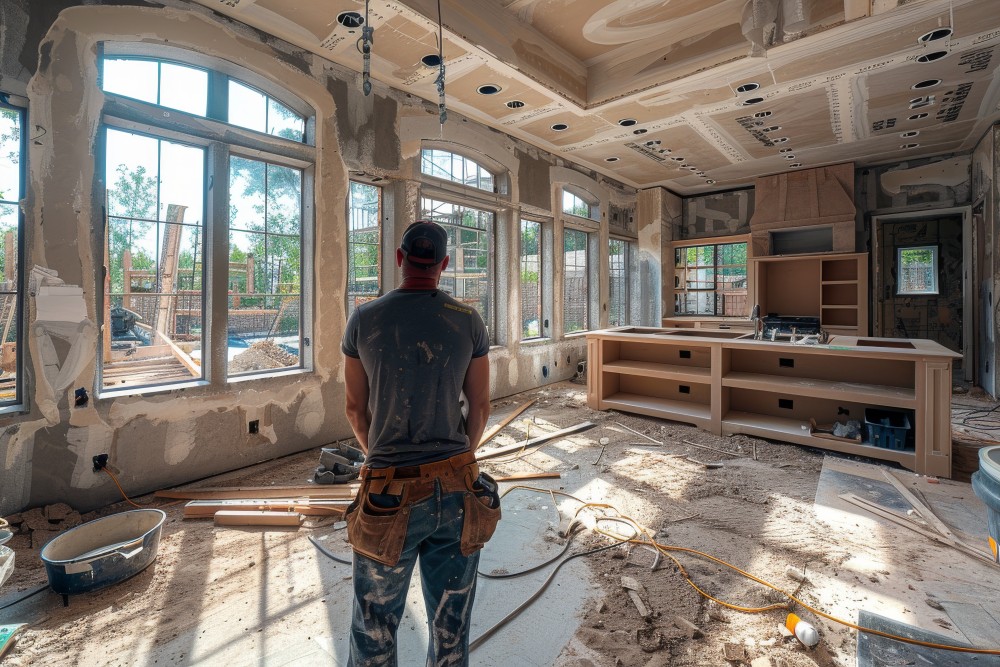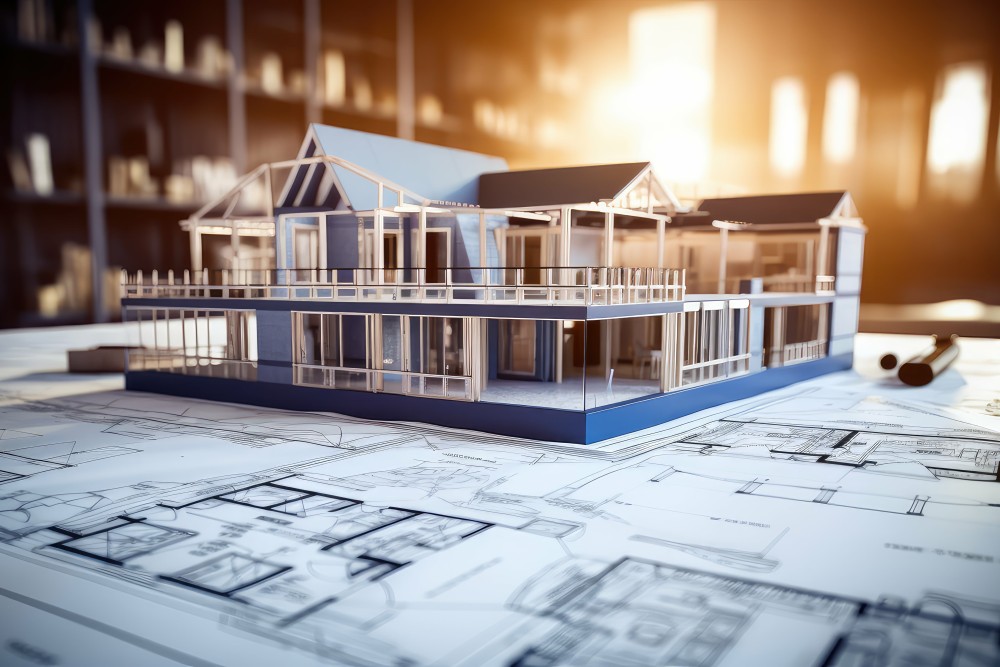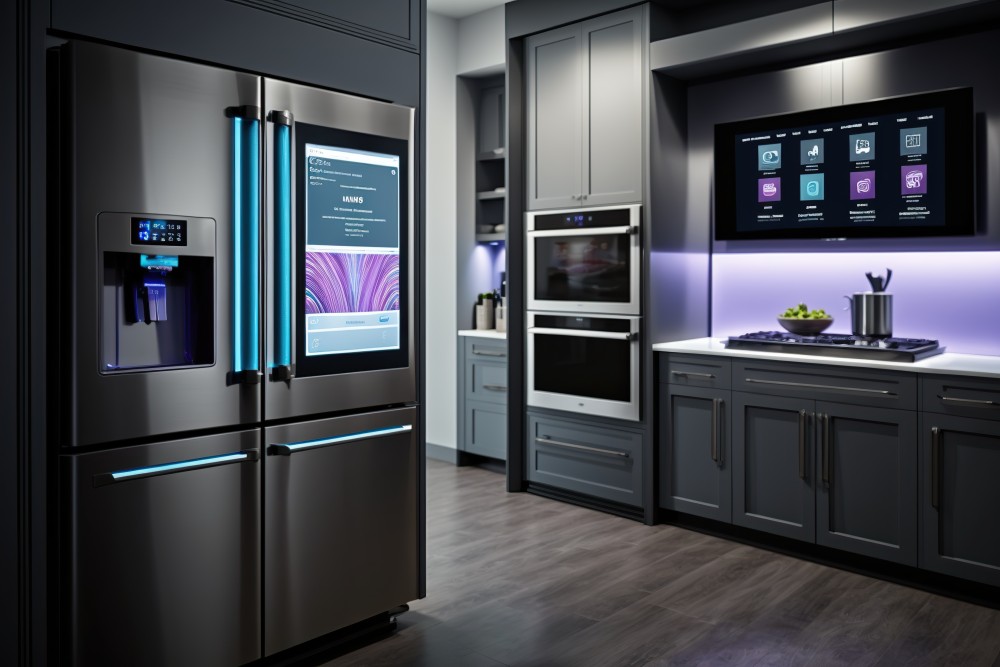1. Plan Ahead
Create a Detailed Plan
- Scope of Work: Understand the full scope of the renovation and how it will impact your living space.
- Timeline: Establish a realistic timeline for each phase of the project to anticipate disruptions.
Set Up Temporary Living Spaces
- Designate Zones: Create temporary living zones in parts of your home that won’t be affected by the renovation.
- Functional Areas: Ensure you have functional areas for cooking, sleeping, and relaxing.
2. Clear Communication with Contractors
Establish Open Lines of Communication
- Regular Meetings: Schedule regular meetings with your contractor to discuss progress, address concerns, and adjust plans as needed.
- Point of Contact: Have a designated point of contact for daily updates and immediate issues.
Set Ground Rules
- Working Hours: Agree on acceptable working hours to minimize disruptions during key times.
- Access Areas: Define which areas of the home the workers can access and where they should avoid.
3. Protect Your Space
Safety and Cleanliness
- Dust Barriers: Install dust barriers to contain construction dust and debris. Use plastic sheeting or temporary walls to seal off renovation areas.
- Floor Protection: Protect floors and carpets in high-traffic areas with drop cloths or protective plastic coverings.
Secure Belongings
- Move Valuables: Relocate valuable items and fragile belongings to a safe area to prevent damage.
- Storage Solutions: Consider renting a storage unit for items that need to be moved out of the renovation zone.
Join HICP Homeowner’s Alliance
Connect with experts, get special discounts and enjoy member benefits
4. Maintain Comfort and Routine
Create a Comfortable Living Space
- Temporary Kitchen: Set up a temporary kitchen with essential appliances like a microwave, mini-fridge, and hot plate.
- Living Area: Designate a comfortable living area with seating, entertainment, and lighting.
Stick to a Routine
- Daily Schedule: Maintain your daily routines as much as possible to provide a sense of normalcy.
- Quiet Time: Schedule quiet times for rest and relaxation, especially if you have young children or pets.
5. Manage Noise and Disruptions
Noise Control
- White Noise Machines: Use white noise machines or fans to drown out construction noise, especially during sleep or work hours.
- Noise-Canceling Headphones: Invest in noise-canceling headphones to reduce noise distractions while working or relaxing.
Minimize Disruptions
- Flexible Work Arrangements: If possible, arrange to work from home on quieter days or set up a temporary office away from the renovation area.
- Alternative Accommodations: Consider staying with family or friends, or booking a short-term rental during the most disruptive phases.
6. Safety Precautions
Ensure Safety for All Household Members
- Child and Pet Safety: Create secure areas for children and pets away from construction zones to prevent accidents.
- Clear Pathways: Keep pathways clear of tools, materials, and debris to avoid trips and falls.
Emergency Plans
- Access to Exits: Ensure that exits are accessible and that all household members know the emergency evacuation routes.
- First Aid Kit: Keep a first aid kit readily available in case of minor injuries.
7. Stay Organized
Keep Track of Progress
- Documentation: Keep detailed records of the renovation progress, including photos, receipts, and communications with the contractor.
- Checklist: Use a checklist to track completed tasks and upcoming milestones.
Plan for the Unexpected
- Flexibility: Be prepared to adapt your plans as needed to accommodate unexpected delays or changes.
- Contingency Fund: Maintain a contingency fund to cover unforeseen expenses.
8. Prioritize Mental and Emotional Well-Being
Stay Positive
- Focus on the Outcome: Keep the end goal in mind and visualize the completed project to stay motivated.
- Celebrate Small Wins: Celebrate progress and small milestones to maintain a positive outlook.
Take Breaks
- Regular Breaks: Take regular breaks from the renovation chaos by spending time outdoors or visiting friends and family.
- Self-Care: Practice self-care routines to manage stress and maintain well-being.
Conclusion
Living in your home during a major renovation requires careful planning, clear communication, and a flexible mindset. By setting up temporary living spaces, protecting your home, maintaining routines, managing noise, and ensuring safety, you can navigate the renovation process more smoothly. Staying organized and prioritizing your mental and emotional well-being will help you cope with the disruptions and challenges. Remember, the temporary inconvenience will be worth it when you finally enjoy your beautifully renovated home. With the right strategies in place, you can minimize stress and make the renovation experience more manageable and rewarding.



